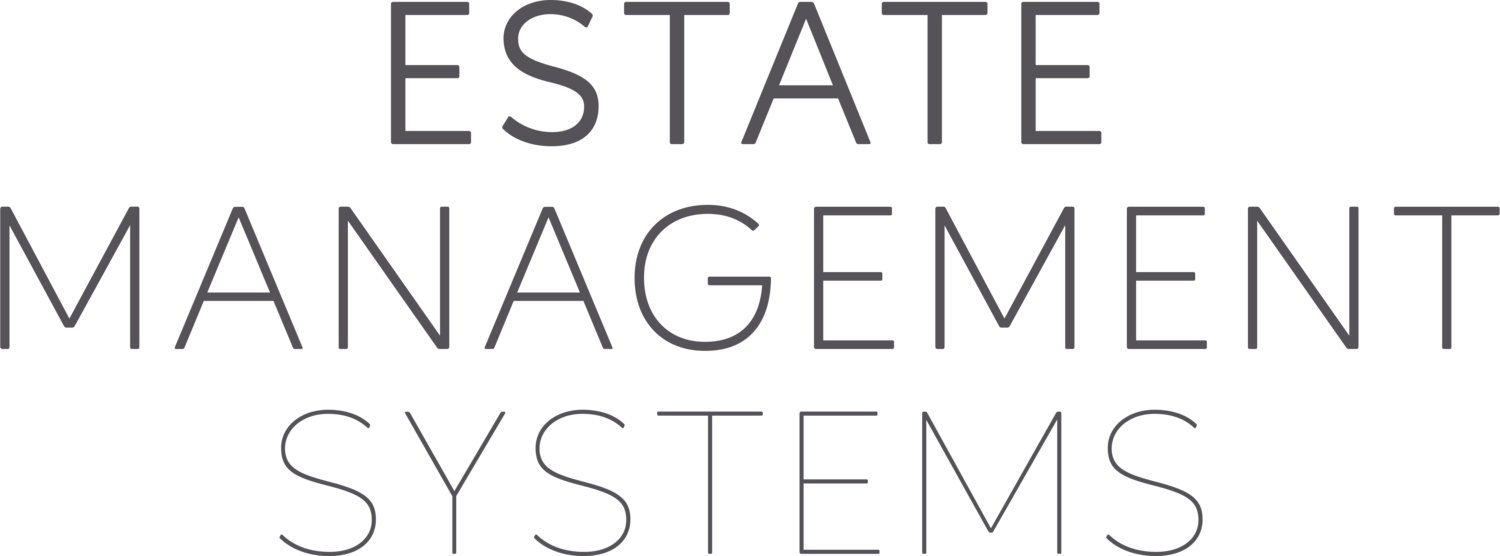The Fine Art of Working with Wealthy Families
We’re all well aware of the tangible aspects of our work, as they are known and well defined. Yet, the most challenging aspects of our service are often unspoken, undefined, subtle and intangible.
In order to be successful in this business we know that we need the energy of an Olympic athlete, the patience of a Zen master and the heart of Mother Teresa. Pair these with the subtle art of giving a flip when “first world emergencies” surface, with the ability to hold one’s tongue and control eye rolling when needed, along with the guesswork required to please a principal – typically without adequate feedback – can, by far, be the most draining aspects of our work.
Additionally, the skill level and ability to do this undefined work almost always goes without recognition and support, and is merely accepted as part of private service. Sure, we have SOPs and household protocol, yet the hardest work to define is often the subtle nuances such as: eye contact, voice tone, demeanor, discretion, and empathy. If the staff makes uninvited noises, gives sideways glances or responds in a judge-y tone, these can be felt and conveyed likely without conscious intention.
We manage homes and staff where our employers go to refuel and reconnect with their family. Yes, they hire us to be there, but they deserve privacy and serenity at the deepest level — and yes, the space to be eccentric, weird and awkward without judgment.
We must constantly remind ourselves…
That we were hired to make our employer’s lives easier and better while we maintain their home — not the other way around. (Because we know that our work is 100 times easier when they get out of the way.) Working in someone’s home is truly different than almost all other professions for those reasons.
It’s extremely difficult to create a successful team to perform at this highest level of service without eventually burning out.
So, how do we train our staff to be successful in this unique work environment?
Let’s face it, each staff member’s personality can pose new and unique challenges. I suggest creating a Memorandum of Understanding, also known as a MOU. Beyond a job description or an employment agreement – and over and above Standard Operating Procedures – an MOU can outline absolutely every service expectation and emotional response that can set your staff up for success.
Nuances like:
Service attitude: For example, always have a pleasant look on your face.
Connection: Whether they should make eye contact or focus eyes elsewhere.
Acceptable responses to negative feedback: Letting them know that likely the only acceptable response includes no excuses and merely saying, “Thank you for letting me know.”
And in the moment of receiving a challenging request, help alleviate judgment by suggesting staff repeat to themselves “I’m trying to understand…”
Also, the more definable aspects like:
Principal’s likes, dislikes, pet peeves and personality quirks.
Preferred service methods, whether formal, informal, casual, business-like.
Effective communication mode and frequency: Answering questions like, is it ok to initiate conversation with the principal or should staff wait to engage?
Acceptable work chit-chat (or no chit chat) with instructions to leave personal opinions and stories at home.
And even further, let everyone know what is acceptable related to things like personal jewelry, squeaky shoe noises and fragrance-infused personal products. Even an uninvited scent can be construed as invasive when you’re working in someone’s home.
The results of a MOU can:
Increase your staff’s efficiency by reducing guess work.
Ease stress by describing a work environment where everyone on your team understands subtle, yet often unspoken expectations.
Reduce the principal’s frustration of receiving unwanted responses or interactions to new staff.
Who benefits from an MOU?
Everyone!
Your staff will love the detailed information that gives them the highest rate of success to please the principal and their family.
The Principals love this because they’re more likely to receive personalized service, a peaceful home and happy staff.
It’s important to note that by developing a MOU, you’ll be able to use this information in developing your SOPs, human resource and work-culture documents.
Remember, if your staff has to make assumptions, they’ll more than likely get it wrong, feel defeated, and the principal won’t get the home environment they desire — and you’ll spend more time screening, onboarding and replacing staff.
Do you have our FREE Cheat Sheets?
Master List of Lists for Managing a Mansion
and
Contractor’s Memorandum of Understanding?
If not, submit your email address here to immediately receive both important documents..
Please invite a friend and share this post on: Facebook | Twitter | LinkedIn


